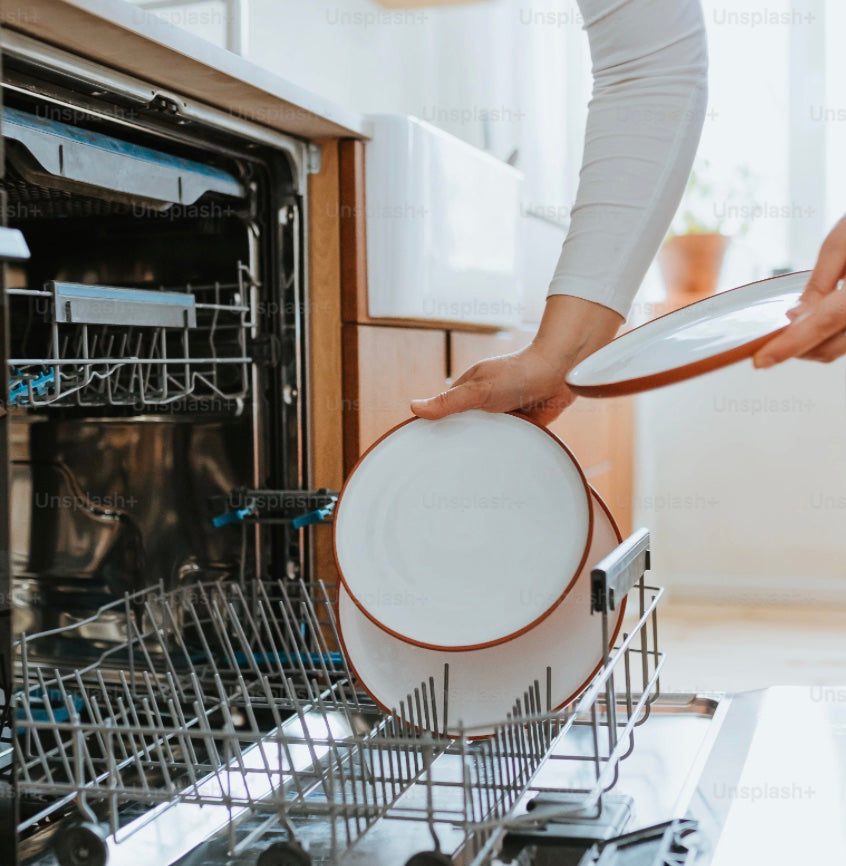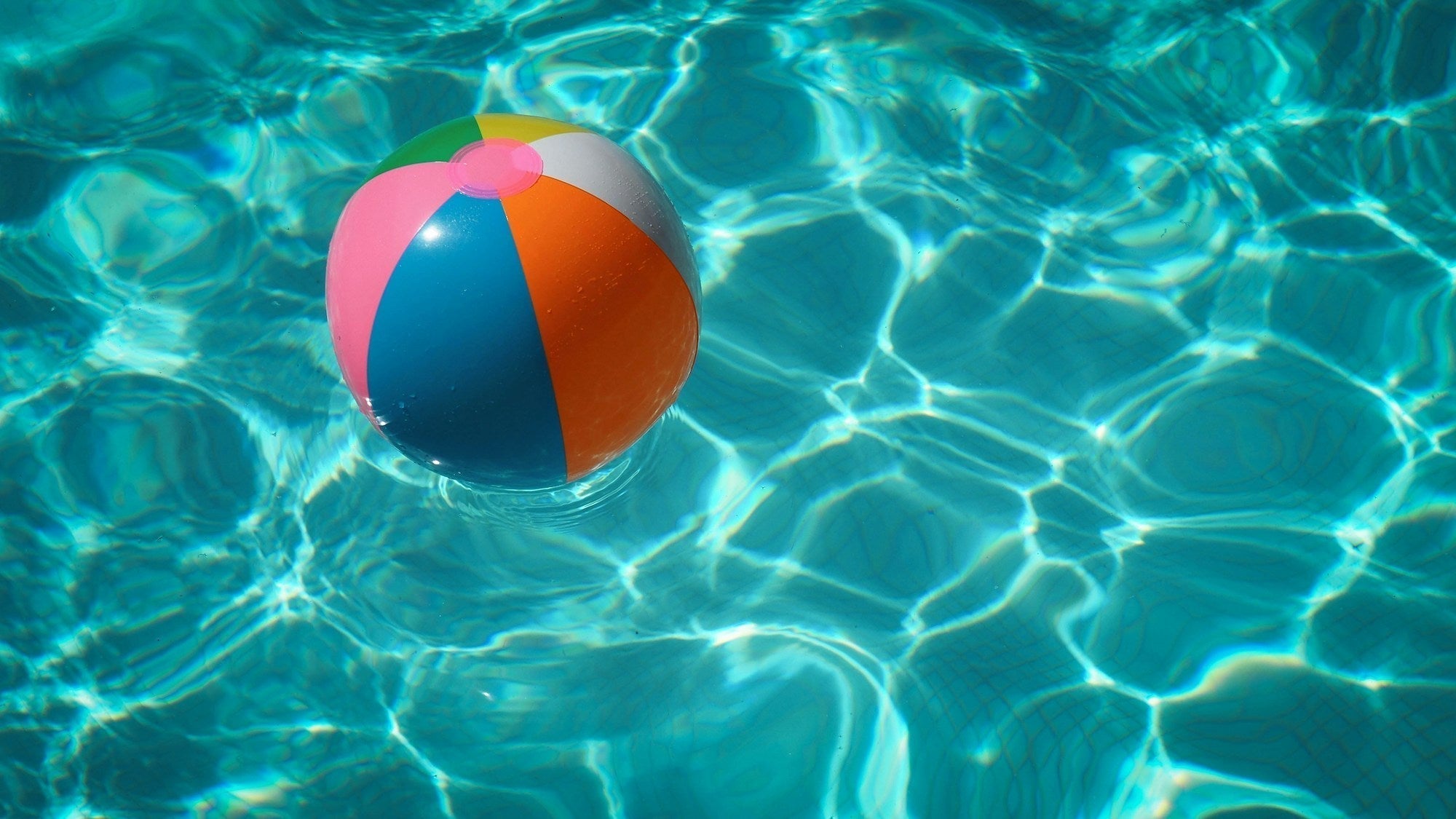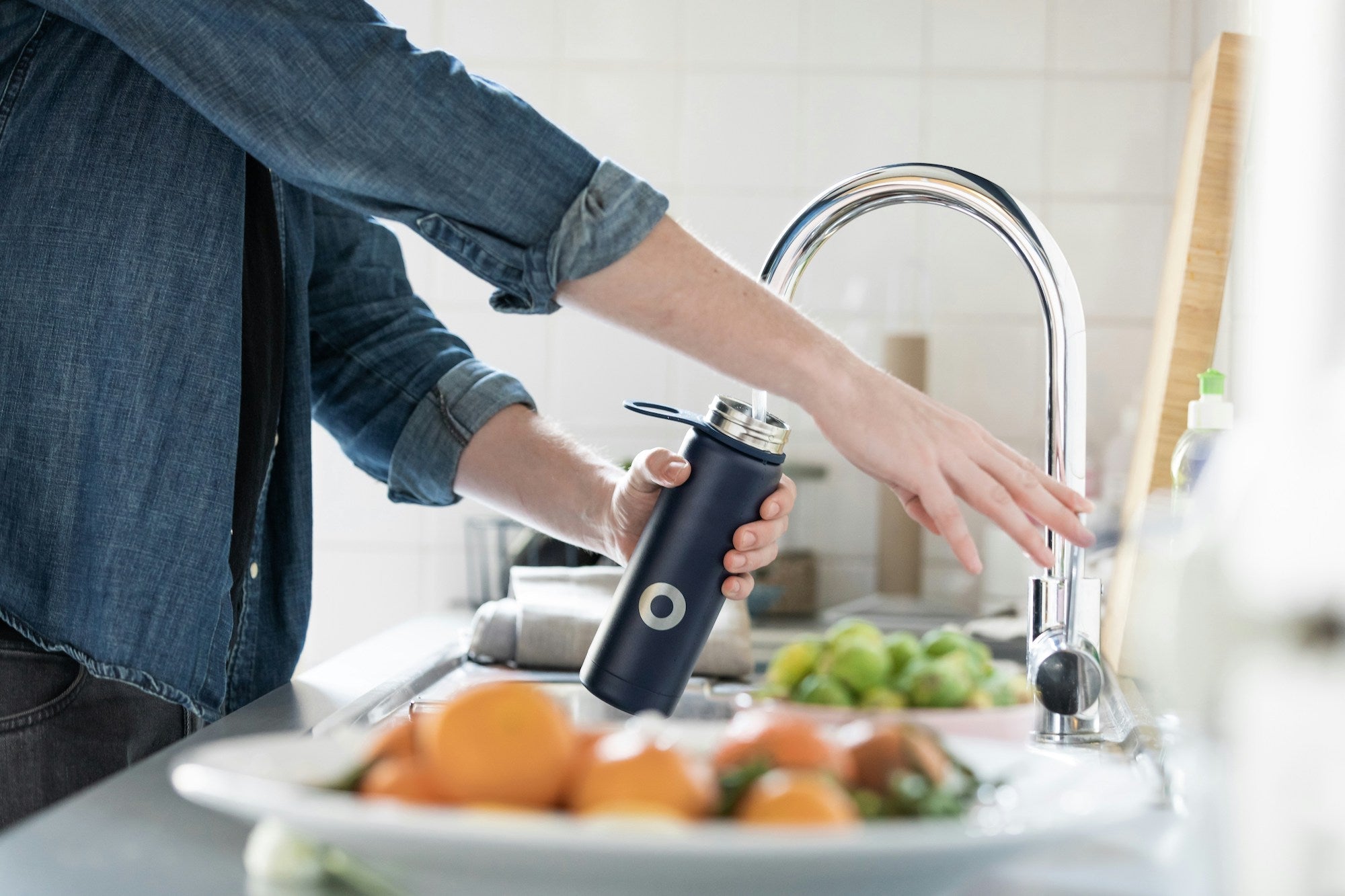
Health Concerns:
- Chemical Exposure: Traditional dishwashing tablets often contain a cocktail of harsh chemicals such as chlorine, phosphates, and synthetic fragrances. These chemicals can irritate the skin, eyes, and respiratory system, leading to allergies, asthma, and other respiratory issues.
- Artificial Colorants and Fillers: Many conventional dishwashing tablets contain artificial colorants and fillers to enhance their appearance and texture. These additives serve no functional purpose and may pose health risks over prolonged exposure.
- Toxic Residues: Residual chemicals from conventional dishwashing tablets can linger on dishes and utensils, contaminating our food and beverages. Over time, repeated exposure to these toxins can have detrimental effects on our health, especially for vulnerable groups like children and pets.
- Harmful Fumes: When heated during the dishwashing cycle, these tablets release harmful fumes (volatile organic compounds, or VOCs) into the air, polluting indoor air quality and posing additional health risks, particularly in poorly ventilated spaces.
Environmental Impact:
- Water Pollution: Phosphates, commonly found in traditional dishwashing tablets, contribute to water pollution which disrupts aquatic ecosystems and depletes oxygen levels, harming marine life.
- Plastic Packaging: Most conventional dishwashing tablets come packaged in single-use plastic wrappers or containers. These are designed to keep the tabs fresh and keep them away from direct skin contact. Although these plastic wraps dissolve when put in the dishwasher, they breakdown into micro plastics which then enter our waterways and contribute to micro plastic pollution.
Why Choose Natural, Non-Toxic Alternatives:
- Safe for Health: Natural dishwashing tablets are formulated with plant-based ingredients and essential oils, free from toxic chemicals and synthetic fragrances. They provide effective cleaning power without compromising your health or indoor air quality.
- Gentle on the Environment: Non-toxic dishwashing tablets or powder are biodegradable and environmentally friendly, minimizing water pollution and reducing our reliance on fossil fuels. Additionally, many brands offer plastic-free packaging or recyclable materials, further reducing environmental impact.
By making the switch to safer, more sustainable options, we can protect ourselves and the environment while enjoying sparkling clean dishes guilt-free. Join us in embracing a greener, healthier way of cleaning—one dish at a time.







